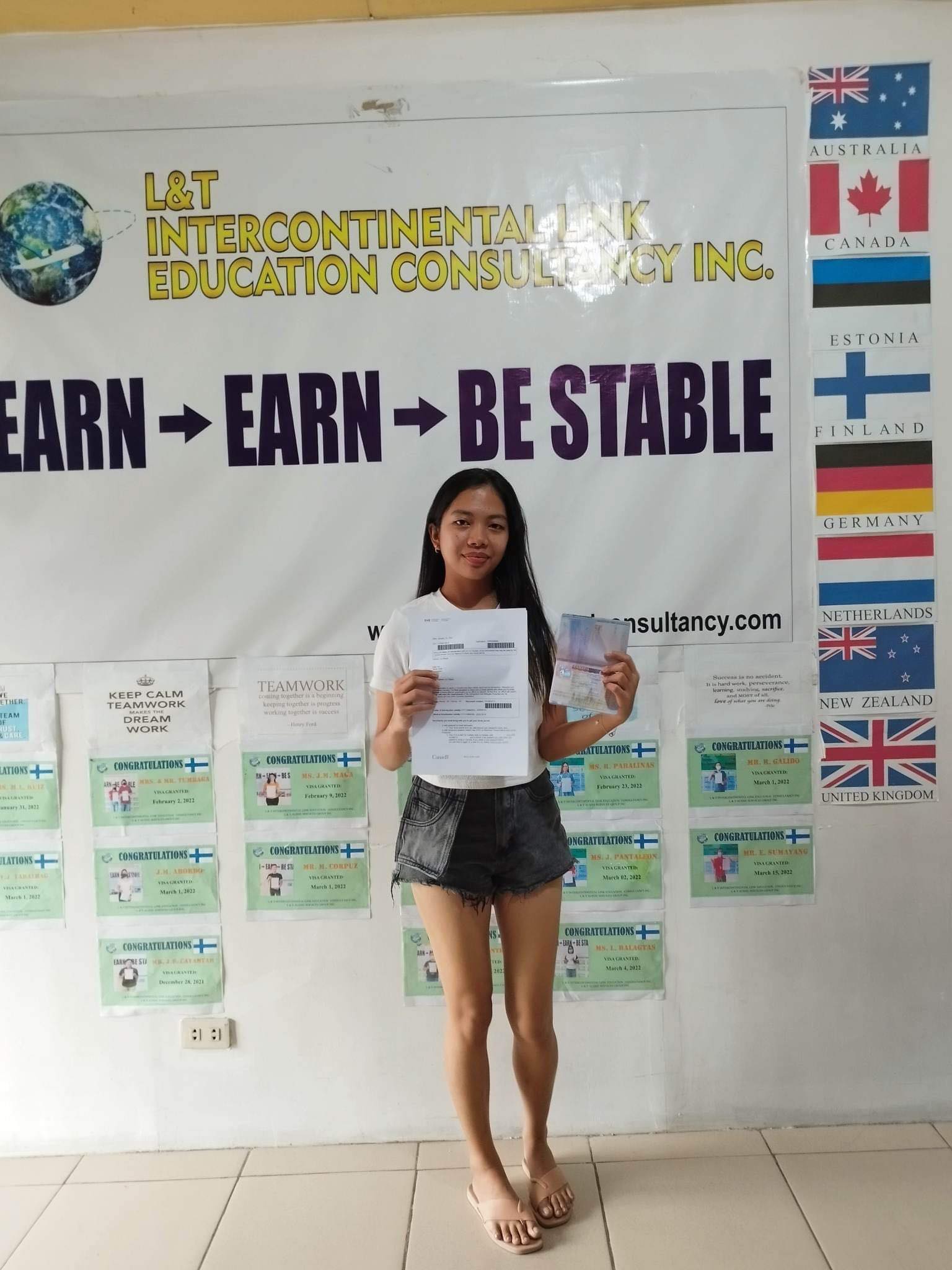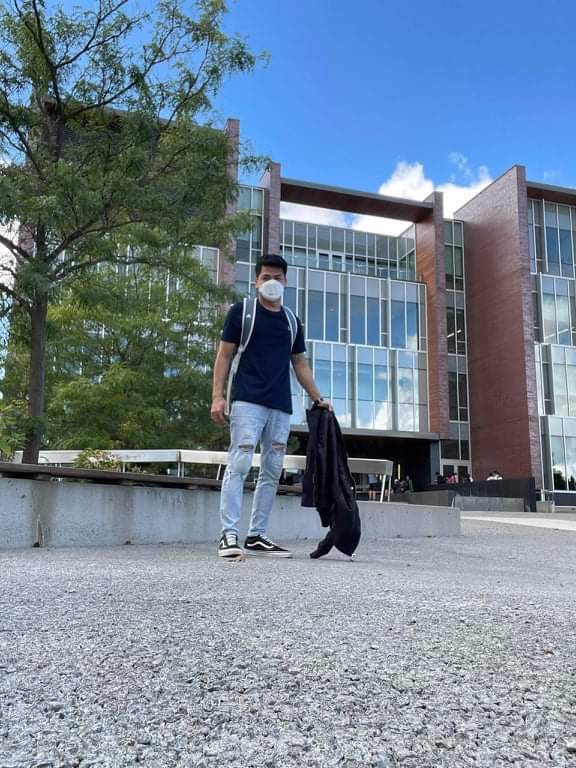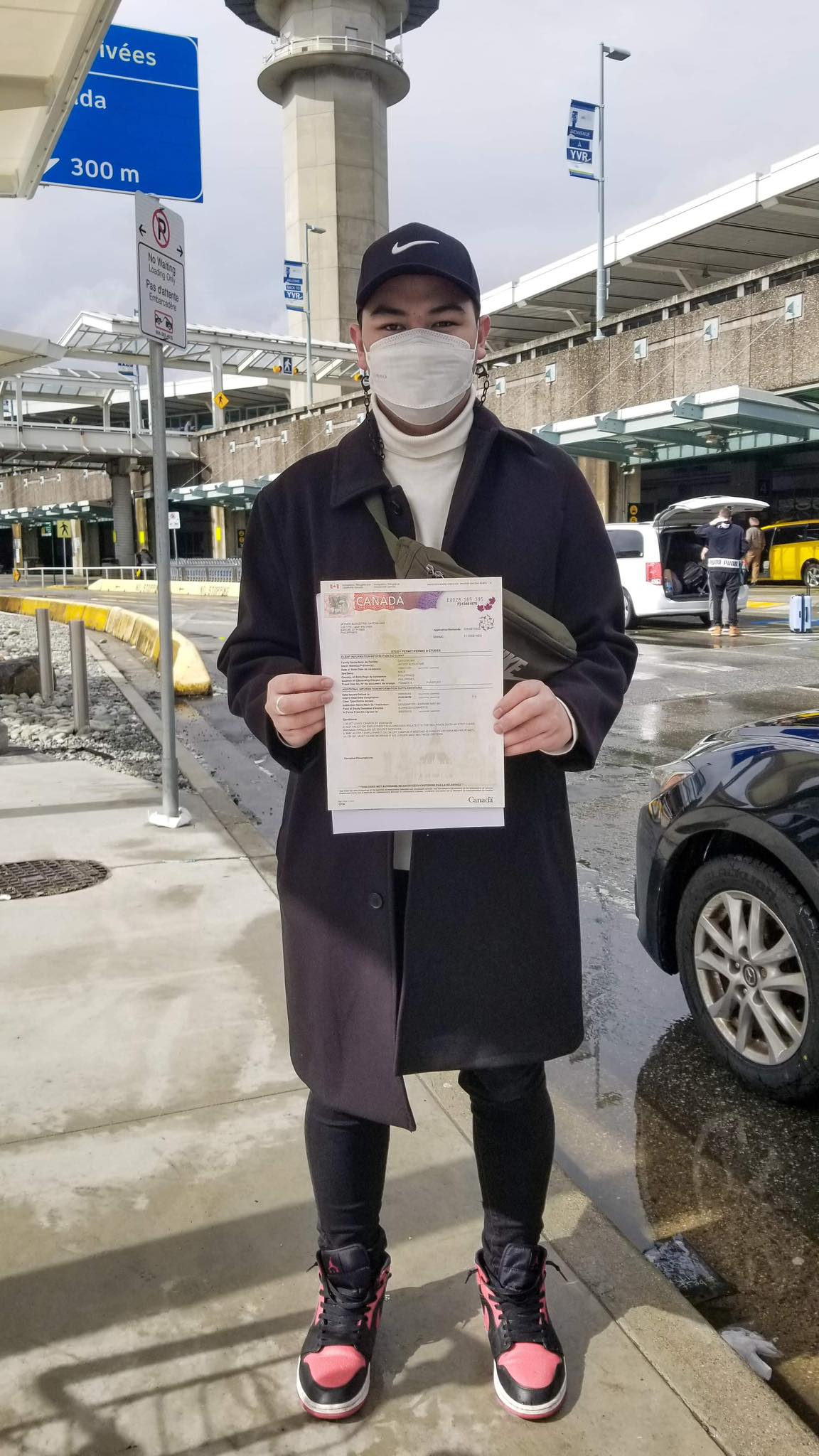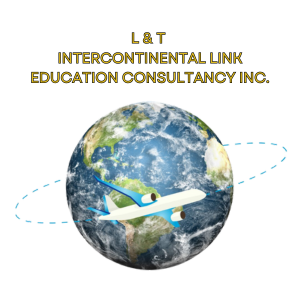Study in Canada
Studying in Canada offers Filipinos a unique opportunity for personal and professional growth. Canada’s world-class education system, known for its excellence across various fields of study, equips students with valuable skills and knowledge. Moreover, the country’s welcoming and diverse society fosters a sense of belonging, making Filipinos feel at home while exploring new horizons. With the chance to obtain Post-Graduation Work Permits (PGWP), graduates can gain practical experience and enhance their career prospects in Canada, further solidifying their ties to this beautiful nation.
Canada’s appeal extends beyond education and work opportunities. It’s a safe, secure, and culturally rich environment that encourages individuals and families to thrive. The country’s commitment to inclusivity, combined with its breathtaking natural landscapes and high quality of life, ensures that Filipinos can embark on a transformative journey. Choosing to study in Canada isn’t just an academic decision; it’s a life-changing experience that offers the promise of a brighter future, both professionally and personally.
Our Successful Clients





Canadian Student Visa Requirements
Obtaining a Canadian Student Visa (Study Permit) requires fulfilling specific requirements and providing necessary documentation. While the exact requirements may vary depending on your country of origin and individual circumstances, here is a general list of what you’ll typically need:
1. Letter of Acceptance: A formal acceptance letter from a Designated Learning Institution (DLI) in Canada, proving that you have been accepted for a specific program of study.
2. Proof of Sufficient Funds: Evidence that you can cover your tuition fees, living expenses, and return transportation costs. This can include bank statements, sponsorship letters, or a letter of financial support.
3. Completed Study Permit Application: You’ll need to complete the study permit application (IMM 1294), including the Family Information Form (IMM 5645), and pay the application fee.
4. Passport: A valid passport that will remain valid throughout your intended stay in Canada.
5. Passport-sized Photographs: Recent passport-sized photos that meet Canada’s specifications.
6. Biometrics: Depending on your nationality, you may need to provide biometric information, including fingerprints and a photo.
7. Statement of Purpose: A well-written statement explaining your reasons for studying in Canada, your plans after graduation, and your ties to your home country.
8. Police Clearance Certificate: Some applicants may need to provide a police clearance certificate or a certificate of no criminal record.
9. Medical Examination: In certain cases, you may need to undergo a medical examination, especially if you plan to study in Canada for more than six months.
10. Proof of English/French Proficiency: Depending on your program and institution, you may need to prove your proficiency in English or French by taking a language test (e.g., IELTS, TOEFL, or DALF/DELF for French).
11. Family Information: Details about your immediate family members, including their names, dates of birth, and other information.
12. Study Plan: A document outlining your study plan in Canada, including your chosen program, how it fits your career goals, and why you selected Canada.
13. Immigration Medical Examination (IME): If required, you will need to undergo a medical examination by an approved panel physician.
14. Travel History: Information about your past international travel, including previous visas and stamps in your passport.
15. Proof of Ties to Your Home Country: Documents demonstrating your intention to return to your home country after your studies in Canada, such as employment prospects or family connections.
16. Additional Requirements: Depending on your circumstances, you may need to provide additional documentation, such as marriage certificates or birth certificates for family members accompanying you.
Please note that immigration requirements can change, so it’s essential to consult the official website of the Government of Canada and the Canadian embassy or consulate in your home country for the most up-to-date information and guidance on the student visa application process.
